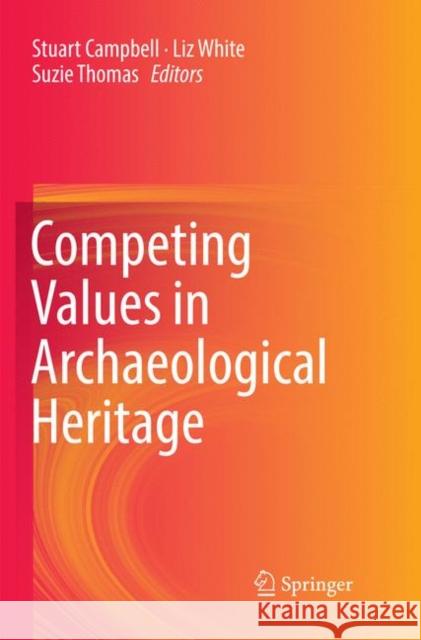Competing Values in Archaeological Heritage » książka
topmenu
Competing Values in Archaeological Heritage
ISBN-13: 9783030067960 / Angielski / Miękka / 2019 / 169 str.
Kategorie BISAC:
Wydawca:
Springer
Język:
Angielski
ISBN-13:
9783030067960
Rok wydania:
2019
Wydanie:
Softcover Repri
Ilość stron:
169
Waga:
0.27 kg
Wymiary:
23.39 x 15.6 x 0.99
Oprawa:
Miękka
Wolumenów:
01
Dodatkowe informacje:
Wydanie ilustrowane











